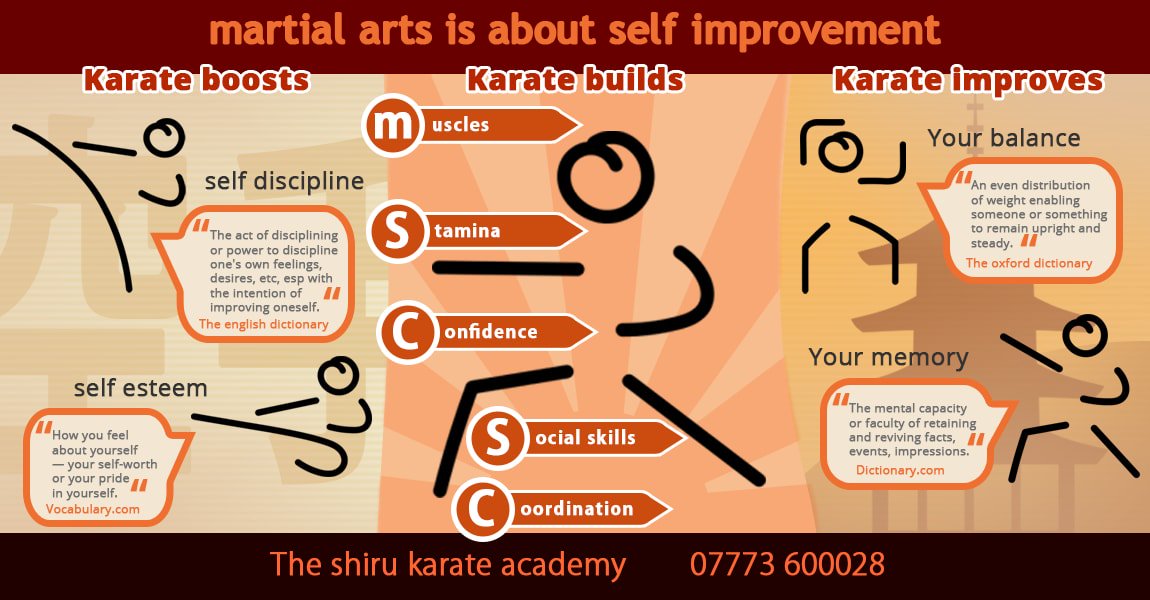The Development And Historic Value Of Martial Arts Across Different Cultures
The Development And Historic Value Of Martial Arts Across Different Cultures
Blog Article
Author-Sutton Vick
Martial arts have a remarkable history that extends centuries and continents. You could discover it intriguing exactly how old methods like Shuai Jiao and Kalaripayattu laid the groundwork for modern combat methods. These self-controls not only highlight physical abilities but likewise show the cultures that birthed them. As you explore their development, consider exactly how globalization has actually transformed these conventional kinds right into hybrid styles. What influences do you think have shaped today's martial arts landscape?
Ancient Martial arts: The Structures of Battle
As you explore the globe of ancient martial arts, you'll discover the abundant foundations that shaped combat methods throughout societies. Very early practices focused on Self-Defense and survival, typically incorporating strikes, hurting, and weapons.
In old China, for example, methods like Shuai Jiao highlighted tosses and joint locks, while India's Kalaripayattu showcased dexterity and liquid movement. Japanese samurai established Kenjutsu, a refined swordsmanship that highlighted self-control and method.
These martial arts served not just for fight but also as a way of personal advancement, instilling values like respect and determination. The mixing of these techniques gradually prepared for the varied martial arts you see today, each mirroring the special approaches and needs of its culture.
The Social Influence on Martial Arts Growth
While martial arts commonly show the functional requirements of a society, they likewise symbolize the social values and ideas of their beginnings. When what are kids martial arts explore different martial arts, you'll discover just how they're affected by religion, viewpoint, and social norms.
As an example, the focus on regard and self-control in Japanese martial arts stems from Zen Buddhism and samurai culture. In contrast, Brazilian Jiu-Jitsu advertises versatility and approach, shaped by the need for effectiveness in a diverse, modern environment.
You might locate that the routines, uniforms, and training approaches show a community's background and identification. By comprehending https://www.essentiallysports.com/us-sports-news-mma-news-joshua-aguirre-child-martial-artist-won-over-200-medals-and-awards-by-discovering-old-bruce-lee-and-chuck-norris-movies-as-a-4-year-old/ , you grow your admiration of martial arts and their role in shaping human experiences around the world.
Modern Adaptations and the Globalization of Martial arts
Martial arts have actually transformed substantially in recent decades, adapting to modern society and international influences. You'll see that traditional kinds have combined with contemporary strategies, producing hybrid styles like MMA. These adjustments cater to diverse target markets, making martial arts obtainable and attractive worldwide.
With the rise of social media and digital systems, you can locate tutorials and competitions from all edges of the globe, damaging geographical obstacles. This globalization has actually caused a common appreciation for numerous techniques, from Brazilian Jiu-Jitsu to Taekwondo.
As you engage with these arts, you'll recognize they're not almost fight; they advertise fitness, discipline, and mental well-being.
Inevitably, modern-day adjustments have actually improved the martial arts landscape, making it a vibrant and evolving practice.
Conclusion
In exploring the history and development of martial arts, you discover an interesting mix of techniques, societies, and approaches. From ancient disciplines like Shuai Jiao and Kalaripayattu to the contemporary flexibility seen in MMA, martial arts mirror mankind's quest for Self-Defense and personal development. As you engage with these methods, you not only acquire skills but also a deeper appreciation for the diverse customs that shape our globe today. So, continue your journey and embrace the art of battle!
